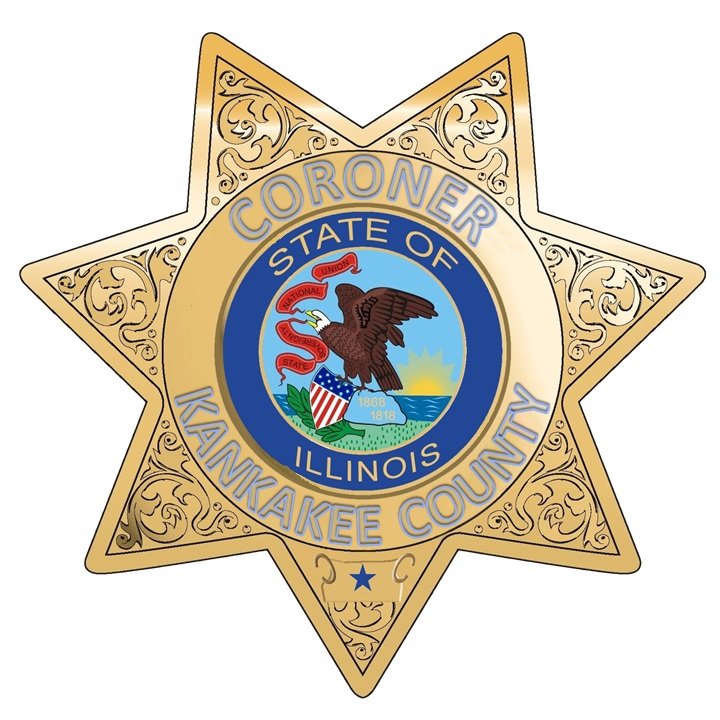GENERAL HISTORY
In 12th century England, the power of the Sheriff was a growing entity within the King's land. To monitor the Sheriff for evidence of dishonesty, the King created the role of coroner. For each county, four men were selected by the court for the role of "coroner," named so because they were meant to serve the "crown." These men brought important concerns to the attention of the King and investigated any failure to inform the King of these important matters. The coroners were deemed the only persons within the county with the power to arrest the Sheriff himself.
By the 16th century, the coroner had become an elected official. While he still maintained the power to ensure the honesty of public officials, the most prominent role of the coroner had become what it is in the United States today: investigating violent and suspicious deaths.
History of the Kankakee County Coroner's Office
The following is a timeline of each Coroner Kankakee County has had since its establishment in 1853:
George Cooper (1853 - 1854)
Hiram B. Titcomb (1854 - 1856)
Charles B. Hosmer (1856 - 1860)
George R. Letourneau (1860 - 1863)
William H. Matthewson (1863 - 1869)
Otis Durfee (1869 - 1870)
Charles G. Willis (1870 - 1874)
Henry Licht (1874 - 1880)
Salome Wunderlich (1880 - 1882)
August Schmidt (1882 - 1892)
Jacob E. Willman (1892 - 1898)
Louis E. Fenouille (1898 - 1902)
Thomas J. Clark (1902 - 1904)
Louis E. Fenouille (1904 - 1919)
George W. Watts (1919 - 1921)
Sefroy J. Brosseau (1921 - 1923)
Octave J. Cartier (1925-1931)
Adolph E. Kerger (1933 - 1941)
Ed P. Madison (1941 - 1949)
David W. Wood (1949 - 1956)
J. William Spillane (1958 - 1961)
Claire B. Sledge (1961 - 1962)
Robert McKenna (1962 - 1964)
James H. Ryan (1964 - 1978)
Wesley L. Wiseman (1978 - 1980)
James A. Orrison (1980 - 2000)
James Kelly (2000 - 2003)
Robert J. Gessner (2003 - Present)
Information may be missing due to lack of records. If you can provide an accurate source to fill any of
these gaps, please e-mail us.

